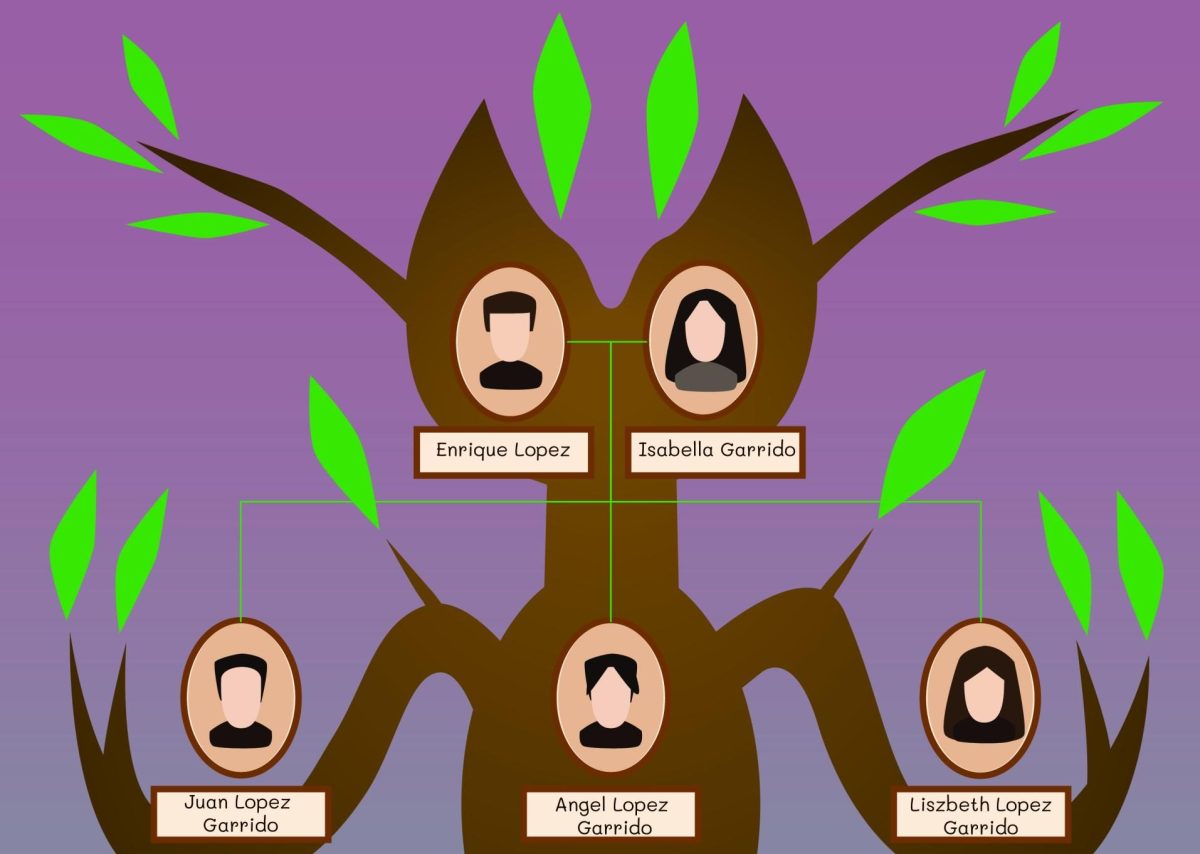By JORDAN LACKEY
Erica Stephens was home alone during the winter storm on the week of Feb. 14.
She had no power. She was cold. And she had serious doubts about her ability to maintain her home and safety.
“Being a single woman homeowner can be intimidating,” she said. “Can I do this by myself?”
The week after Valentine’s Day, Texans experienced one of the worst snowstorms in recent history. Temperatures dropped as low as 2 degrees Fahrenheit while more than 4 million Texans were left without power due to rotating blackouts, that didn’t actually rotate evenly in most areas, instituted by the Electric Reliability Council of Texas and utility companies in an attempt to prevent a total blackout of the Texas power grid. More than 500 of the 680 water systems in Texas issued boil water notices due to damage from the storm, according to reports from NBC.
Texas is not part of the national power grid. This limits the state’s ability to import power when its own generators are failing. Due to an outdated system with little regulation, power plants experienced water freezes that eventually rendered facilities useless because companies haven’t made investments needed to produce power in subfreezing temperatures, according to reports from The Washington Post. Power providers face no penalties for failing to deliver during an emergency.
Stephens, art professor, lives in a 100-year-old home. With the exception of an hour or so on an intermittent basis, she had no power from Feb. 13 to Feb 17. She worked from a cellphone generated hotspot in her car until she was in danger of running out of gas.
On Feb. 15 she shut off her water main with the help of a neighbor and left the house with her dogs. Later, when she returned home on Feb. 21, she would find out her pipes burst in an area of her house. Since then she’s been able to cap the pipes and restore water to half her home, but it could take months to fix the remaining damage.
After shutting off the water she made the difficult decision to break her 81-year-old grandmothers’ isolation in the middle of a pandemic, pick her up, and head to her parents’ house.
“We’ve spent a year not being around Grandma, to protect her” she said. “Now we’re just going to end that and go get her. Because this is more dangerous.”
Stephens believes her experience is reflective of the struggle many Texans had to endure. She said in the grand scheme of things, she was relatively lucky because she had the support of family, friends, coworkers and even students.
“[My support system] came through for me,” she said. “I think that’s why it’s so important to me to be a part of the support system for my students.”
Stephens was grateful for the advantages she had. Among helpful neighbors and family offering shelter, she also developed a friendly relationship with her plumber over the past five years as a homeowner and was able to get help for her damaged pipes as early as Feb 23.
While staying with her parents, their home also suffered water damage resulting in a collapsed garage ceiling on Feb. 19. Stephens was able to enlist the help of her pipe-fitting friend on behalf of her parents as quickly as the next day.
She said these are advantages that many people didn’t have, and she’s grateful for them. While counting her blessings, she can’t help but sympathize with her students who weren’t so lucky.
“A lot of my students have burdens that I don’t know if I could personally overcome,” Stephens said. “I told my students when all this happened, … ‘if you can’t do your work, don’t worry about it. We’ll figure it out next week,’”
Stephens went through every measure possible to contact her students and offer help where she could. She urged every student considering dropping her course to speak with her first to avoid as many drops as possible. As of Feb. 27, only two out of about 125 students have dropped her class due to complications from the storm. She even helped some students get food who didn’t have enough.
“That’s not a situation that should happen,” Stephens said. “And it has happened right here because of bad leadership.”
Stephens said she’s more than happy to help in any way she can. She said she’s angry that so many Texans were afflicted with struggles that could have been prevented by state and local representatives.
On the night of Feb. 17 U.S. Sen. Ted Cruz of Texas left the country to visit a resort in Cancun. He later said it was to accompany his daughters on a trip and he planned to return the next day. This claim was later refuted after neighborhood group-chat messages from wife, Heidi Cruz, were leaked reveling the family intended to stay.
“I am so mad,” Stephens said. “If all of this had happened because of a storm, that would be one thing. But this happened because of a failure of leadership. People died and people suffered needlessly. … It was this failure of leadership that caused so many people to suffer.”
Seven ERCOT board members have already resigned after criticism from law makers like Lt. Gov. Dan Patrick after the near power grid collapse. Six of those board members live outside the state of Texas. Patrick called for the resignation of ERCOT CEO, Bill Magness, and after he did not step down, the ERCOT board fired him March 3.








